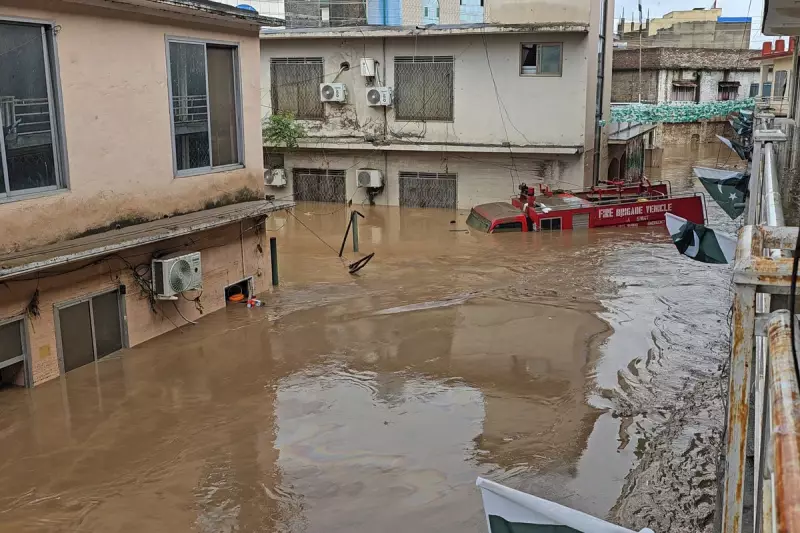
Pakistan has ignited fresh tensions with India by introducing sweeping constitutional changes in the contested region of Gilgit-Baltistan. The move, seen as an attempt to consolidate control over the Himalayan territory, has drawn sharp criticism from New Delhi.
A Strategic Himalayan Flashpoint
The mountainous region of Gilgit-Baltistan, often described as the 'third pole' due to its vast glaciers, has been a bone of contention between the nuclear-armed neighbours since partition in 1947. Pakistan's latest constitutional amendments grant the area provincial status, effectively incorporating it more firmly into the country's administrative structure.
India's Strong Response
Indian officials have condemned the move as 'illegal and unacceptable', reiterating their claim over the entire former princely state of Jammu and Kashmir. 'This is yet another attempt by Pakistan to alter the status of territories under its illegal occupation,' stated an Indian foreign ministry spokesperson.
Why This Matters Now
The timing of Pakistan's constitutional changes appears significant, coming as the region gains strategic importance due to:
- China's massive infrastructure investments through the China-Pakistan Economic Corridor
- Growing concerns about climate change impacts on Himalayan glaciers
- Increased international scrutiny of human rights in the region
Local political groups in Gilgit-Baltistan have expressed mixed reactions, with some welcoming greater representation while others fear cultural assimilation.
International Implications
The development threatens to further complicate already strained relations between India and Pakistan, with potential ramifications for:
- Regional security dynamics
- Ongoing backchannel diplomacy efforts
- International mediation attempts
Observers warn that the constitutional changes could harden positions on both sides, making any future resolution of the Kashmir dispute even more challenging.





